A new non-surgical treatment in the form of KOS therapy might be the answer for you
Allergic Rhinitis:
Symptoms of Rhinitis such as breathing difficulty, nasal congestion, nasal stuffiness, sneezing, post nasal discharge, and cough are common among patients.
This could be allergic rhinitis which is usually seasonal, and is associated with itchy nose, eye or throat. Patients can usually get relief with anti-allergic treatment such as with anti-histamines and with steroid nasal sprays.
Non-Allergic Rhinitis:
But there is another form of rhinitis (non-allergic rhinitis) which is not seasonal, is present round the year and where the symptoms of nasal congestion/nasal stuffiness do not get relieved with the aforementioned treatment. Patients with hormonal rhinitis (pregnancy associated rhinitis), rhinitis associated with hypothyroidism,rhinitis associated with changes of temperature (vasomotor rhinitis) or with rhinitis medicamentosa (patients addicted to nasal decongestants such as Otrivin) also face a similar dilemma.
There is a help available now in the form of KOS therapy for the aforementioned type of rhinitis (Non-allergic rhinitis).
KOS Therapy:
Kinetic Oscillation stimulation(KOS) is a new method to treat non-allergic rhinitis and primary nasal congestion and stuffiness.
The treatment is non-invasive, performed in an outpatient clinic, without anesthesia and is very patient friendly.
-
- Benefits For the patient:
- Patient friendly
- Not surgically invasive and no anesthesia needed
- No scars or bleeding
- No pharmaceuticals
- Fast acting relief, or within a few days for responding patients
- A positive lasting effect of 4-10 months for responding patients
- Typically repeated treatments have a stronger and longer lasting effect for responding patients
Principle of action of KOS therapy:
The KOS therapy stimulates the nasal mucosa and the autonomic nervous system(ANS), which may give the responding patients almost instant relief or within few days.KOS Therapy has been found to be effective for months following the treatment.
The treatment procedure: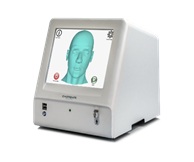
The procedure is very simple.
An inflatable balloon at the end of the catheter is inserted into one nasal cavity at a time. Short kinetic oscillating stimulation in the form of vibrations is provided to each nostril which is intended to reset the balance of the nervous system and sensors, thus providing relief from nasal congestion and blockage.
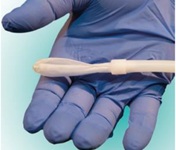
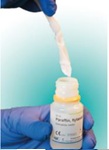
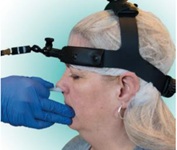
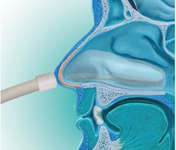
KOS Therapy has been newly introduced at the ENT department of International Modern Hospital; one of the few centers in Dubai offering the treatment.
The author, Dr. Rohit Gulati, is a Specialist Otolaryngologist and ENT Surgeon at International Modern Hospital with more than 13 years of experience in the field of Otorhinolaryngology.





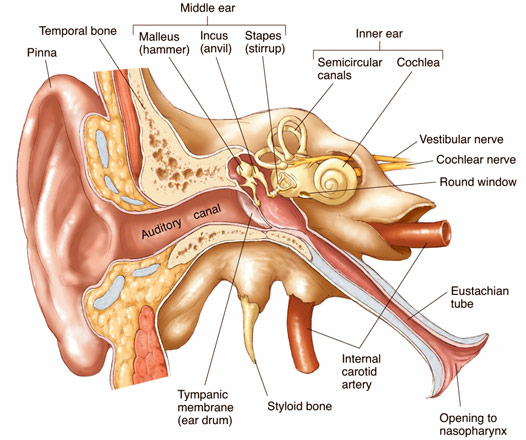
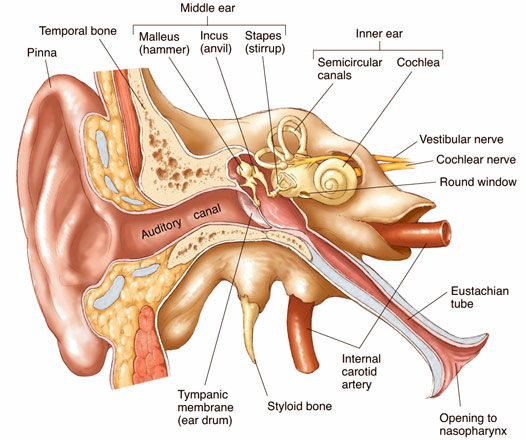
 Sinus infections occur when germs enter one of the hollow cavities in the skull surrounding the eyes and nose. A sinus infection may feel like a very bad cold that doesn’t go away after the usual 2 to 3 weeks.
Sinus infections occur when germs enter one of the hollow cavities in the skull surrounding the eyes and nose. A sinus infection may feel like a very bad cold that doesn’t go away after the usual 2 to 3 weeks.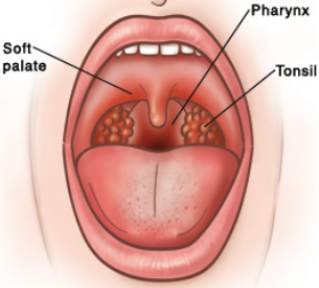 There are many causes of sore throat, including infections, acid reflux, sleep apnea or more severe and rare disorders, such as cancer. A very common cause of sore throat is a bacterial or viral infection, so practicing good hygiene, such as frequent hand washing, is a good way to prevent sore throat. Here are some other suggestions:
There are many causes of sore throat, including infections, acid reflux, sleep apnea or more severe and rare disorders, such as cancer. A very common cause of sore throat is a bacterial or viral infection, so practicing good hygiene, such as frequent hand washing, is a good way to prevent sore throat. Here are some other suggestions: Sleep apnea is a condition where a person stops breathing for brief periods of time while asleep. It is very common in the United Arab Emirates and can be harmful if left untreated. Fortunately, there are many treatments available, and sleep apnea can often be cured. Here are some good ideas to prevent or keep sleep apnea at bay.
Sleep apnea is a condition where a person stops breathing for brief periods of time while asleep. It is very common in the United Arab Emirates and can be harmful if left untreated. Fortunately, there are many treatments available, and sleep apnea can often be cured. Here are some good ideas to prevent or keep sleep apnea at bay.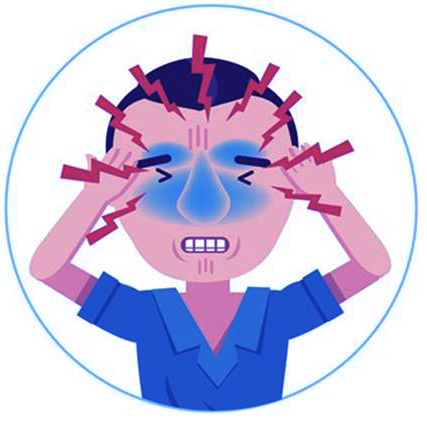 Approximately 20% of the UAE population suffers from Chronic Sinusitis. Symptoms range from stuffy nose, nasal blockage, headache, facial pain, postnasal discharge, cough and bad breath. These are all symptoms of chronic sinusitis. The weather in UAE plays a significant role in the development of these symptoms. Fine sand in the air, humidity, allergies, sudden temperature changes too trigger it. Deviation of the nasal septum and nasal polyps too can lead to chronic sinusitis.
Approximately 20% of the UAE population suffers from Chronic Sinusitis. Symptoms range from stuffy nose, nasal blockage, headache, facial pain, postnasal discharge, cough and bad breath. These are all symptoms of chronic sinusitis. The weather in UAE plays a significant role in the development of these symptoms. Fine sand in the air, humidity, allergies, sudden temperature changes too trigger it. Deviation of the nasal septum and nasal polyps too can lead to chronic sinusitis. Visual inspection, nasal endoscopy and CT scan, paranasal sinuses can help screen for chronic sinusitis. A CT scan can accurately diagnose chronic sinusitis. Once diagnosed, it is treated with nasal decongestants, steroid nasal sprays, antihistamines, antibiotics etc.
Visual inspection, nasal endoscopy and CT scan, paranasal sinuses can help screen for chronic sinusitis. A CT scan can accurately diagnose chronic sinusitis. Once diagnosed, it is treated with nasal decongestants, steroid nasal sprays, antihistamines, antibiotics etc.